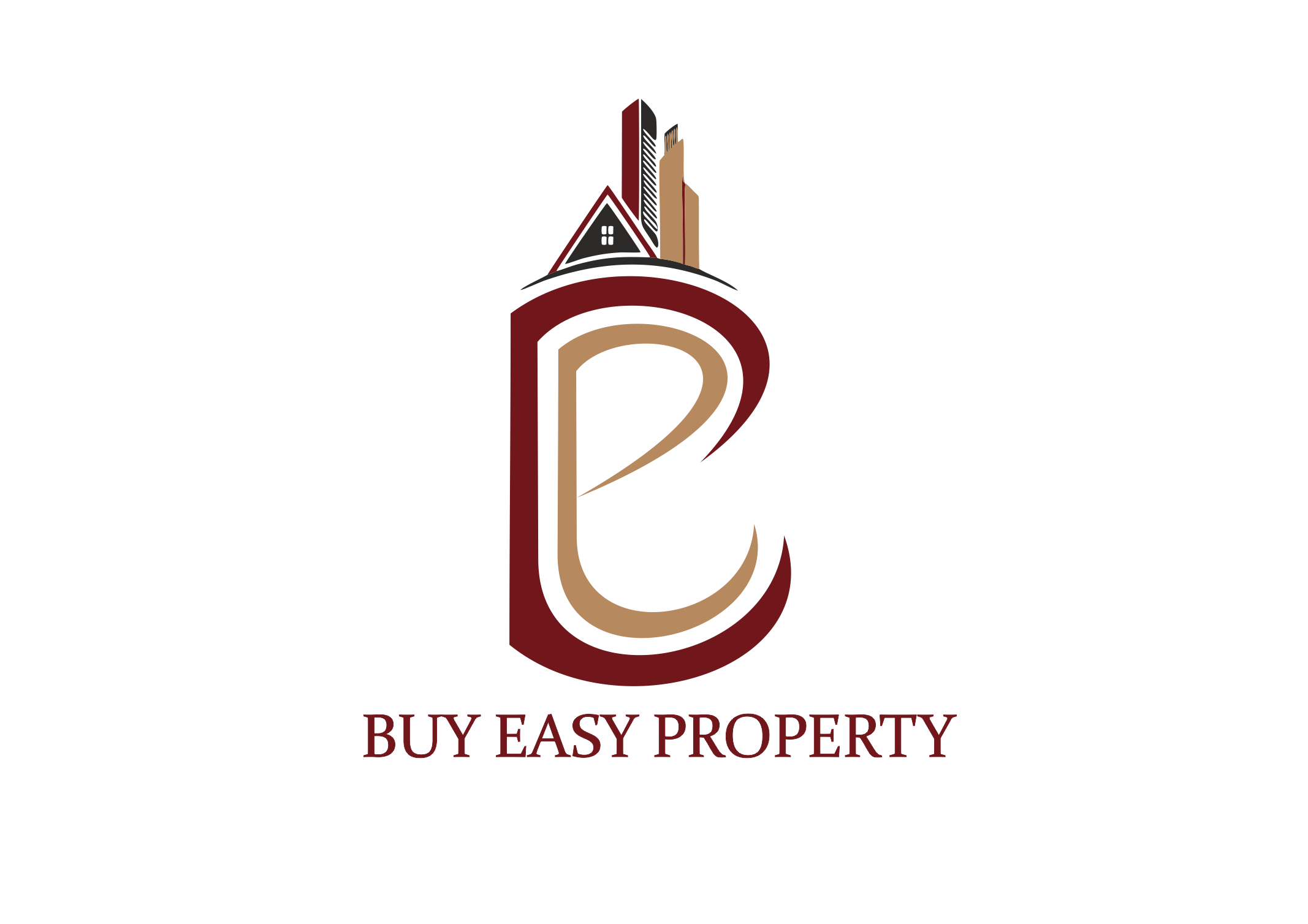Introduction
The real estate industry in 2025 stands at a crucial juncture where digital transformation, shifting buyer behaviors, and sustainability concerns are shaping business models. For entrepreneurs and established agencies alike, building a scalable real estate business requires more than just closing deals — it’s about long-term strategy, smart systems, and ethical practices. This blog will walk you through a complete blueprint to scale a real estate business sustainably in 2025, whether you’re a solo agent or a growing agency.
1. Understanding the Market Landscape in 2025
1.1 Shifts in Buyer Preferences
Modern buyers, especially millennials and Gen Z, are more informed, tech-savvy, and socially conscious. They’re looking for eco-friendly homes, smart technology integration, and flexible payment models like rent-to-own or fractional ownership.
1.2 The Rise of PropTech
From AI-based property valuation tools to virtual tours powered by AR/VR, PropTech is redefining the buyer journey. Businesses that fail to adopt these innovations risk falling behind.
1.3 Urbanization vs. Remote Work
While major cities still attract investors, the remote work culture has revived interest in tier-2 and tier-3 cities. Recognizing these demand shifts is key to strategic business expansion.
2. Creating a Scalable Business Model
2.1 Productized Services
Instead of one-off services, offer productized packages like “Property Listing + Marketing + CRM Access.” This makes revenue predictable and allows your business to operate like a system.
2.2 Standard Operating Procedures (SOPs)
Document every process — from lead qualification to listing onboarding — so that new team members can easily replicate success.
2.3 Sales Funnel Optimization
Use a multi-touch funnel that includes landing pages, lead magnets, follow-up emails, and retargeting ads. Automate lead nurturing with CRM tools like HubSpot or Salesforce.
3. Building a Solid Team
3.1 Recruit Smart
Hire agents who align with your business values. Look for soft skills like empathy and problem-solving, not just sales experience.
3.2 Onboarding & Training
Design an immersive onboarding process with digital training modules. Provide ongoing learning through webinars and certification courses.
3.3 Performance Metrics
Track KPIs like conversion rate, average deal size, time-to-close, and client satisfaction. Use this data to coach underperforming agents.
4. Leveraging Technology for Growth
4.1 Customer Relationship Management (CRM)
Use CRM software to manage leads, schedule follow-ups, and automate communication. This ensures no lead falls through the cracks.
4.2 Artificial Intelligence (AI)
Implement AI chatbots for 24/7 customer support. Use predictive analytics to understand which listings are likely to sell faster.
4.3 Virtual & Augmented Reality
Offer immersive virtual tours. This is especially important for international clients or remote buyers.
5. Marketing Strategies that Scale
5.1 Content Marketing
Create blog posts, videos, and podcasts about local real estate trends, buying tips, and investment strategies. Position yourself as a thought leader.
5.2 Paid Advertising
Use PPC ads on Google and social media retargeting to reach warm leads. Geo-target your ads to focus on specific cities or neighborhoods.
5.3 Email Marketing
Segment your audience (buyers, sellers, investors) and send tailored campaigns. Include testimonials and case studies to build trust.
6. Diversifying Revenue Streams
6.1 Property Management Services
Offer value-added services like rent collection, maintenance coordination, and tenant screening.
6.2 Affiliate Marketing
Earn commissions by promoting mortgage brokers, interior designers, or insurance providers.
6.3 Online Courses & Webinars
Teach “how to buy your first home” or “investing in real estate 101” to monetize your expertise.
7. Financial Planning & Funding
7.1 Budgeting Tools
Use cloud-based accounting platforms like QuickBooks or Zoho to monitor cash flow and expenses.
7.2 Raising Capital
Pitch your business model to angel investors or venture capitalists if you’re looking to scale rapidly.
7.3 Passive Income Planning
Set up systems (automated lead funnels, virtual assistants) that generate income without active involvement.
8. Legal Compliance and Risk Management
8.1 Documentation
Ensure that contracts, disclosures, and agreements are reviewed by a legal team or outsourced legal service.
8.2 Insurance
Protect your business with E&O (Errors and Omissions) insurance and liability coverage.
8.3 Data Security
Use encrypted CRM systems and ensure compliance with data protection regulations like GDPR or India’s DPDP Act.
9. Sustainability and Social Responsibility
9.1 Eco-Friendly Listings
Highlight green-certified buildings, solar-powered homes, and smart energy-efficient properties in your listings.
9.2 Community Engagement
Sponsor local events or contribute a percentage of profits to housing-related social causes.
9.3 DEI (Diversity, Equity & Inclusion)
Foster an inclusive team environment and actively market properties without discrimination.
10. Case Study: A Scalable Real Estate Business
Let’s take a fictional business, “Skyline Realty,” which started in 2022 with 2 agents. By 2025:
- They adopted HubSpot for CRM
- Launched a YouTube channel for lead generation
- Built an AI-based virtual tour tool
- Created online training for new agents
- Expanded to 4 new cities
Revenue grew from ₹50 lakh to ₹6 crore annually in 3 years — all because of scalable systems and modern strategies.
Conclusion
Scaling a real estate business in 2025 requires a blend of innovation, automation, and human connection. With smart systems, tech tools, and a customer-first approach, your real estate brand can grow sustainably, while standing out in a competitive market. Whether you’re starting fresh or looking to level up, this roadmap offers the foundation for a real estate empire in the digital age.




